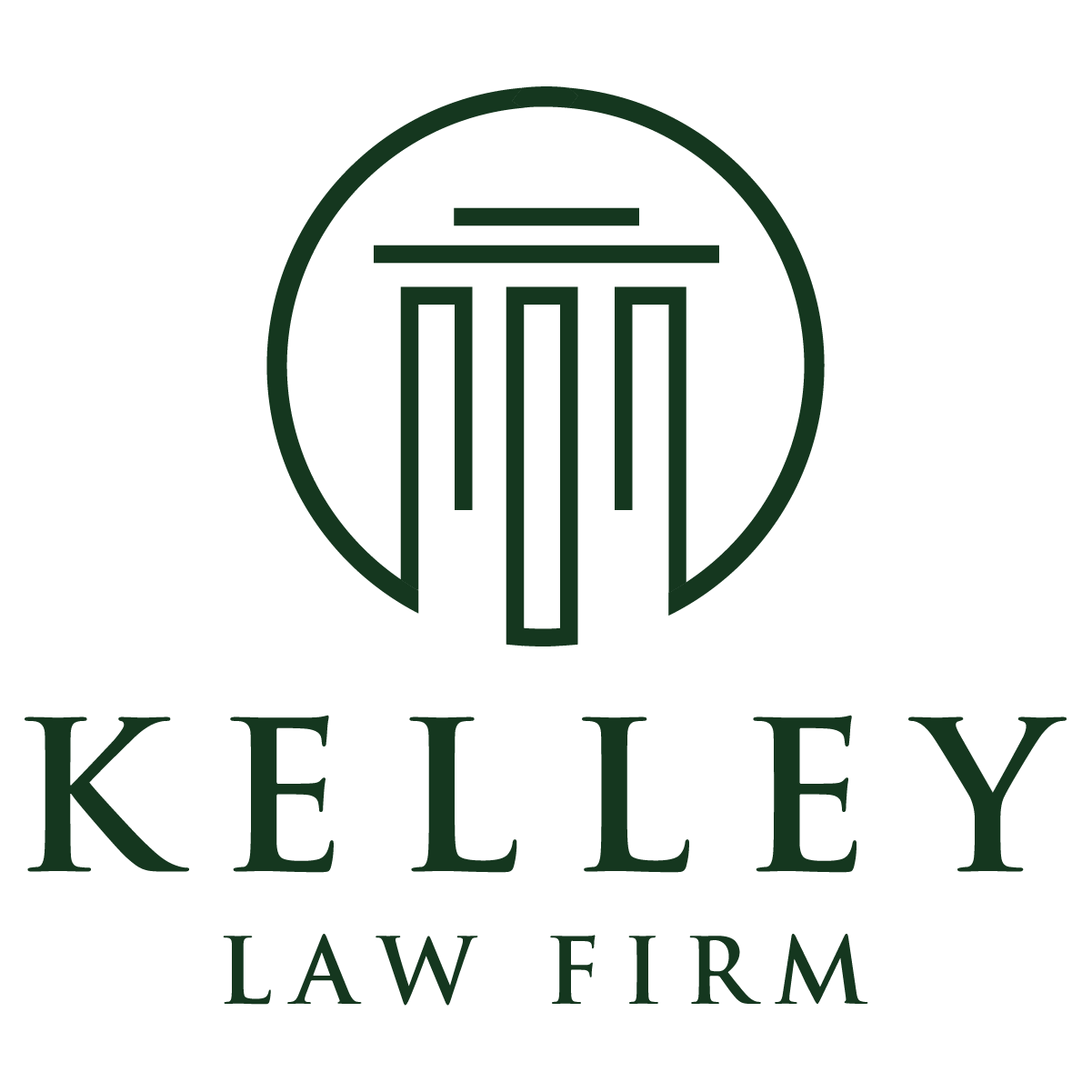What Could the Costs be if you go Through Probate Court?

Probate, the legal process through which a deceased person’s estate is settled and assets are distributed to heirs and beneficiaries, is a complex and often costly procedure. It involves various expenses that can significantly diminish the value of the estate before assets reach their intended recipients. In this article, we will explore the typical expenses associated with probate to help you understand what to expect when dealing with this process.
- Legal Fees : One of the most substantial expenses in probate is legal fees. Executors often hire attorneys to guide them through the process, file required documents, and ensure everything is done correctly. These fees are typically paid from the estate’s assets, further reducing the overall value available for distribution.
- Court Costs : Probate involves filing numerous documents with the court, and each filing incurs a fee. These costs can add up quickly, particularly in cases with complex or contested estates.
- Executor’s Fees : The executor of the estate, usually a family member or trusted individual, is entitled to compensation for their time and effort. This fee varies by jurisdiction but is another expense that can erode the estate’s value.
- Appraisal and Valuation Costs : The court often requires an inventory of the deceased’s assets, which may involve hiring appraisers or experts to determine the value of real estate, personal property, or investments. These appraisal fees are another financial burden.
- Publication and Notice Fees : In many cases, the law mandates that the estate’s creditors and potential heirs be notified of the probate proceedings. This can entail publishing notices in newspapers and sending formal notifications, all of which incur additional expenses.
- Estate Debts and Taxes : Before assets are distributed to beneficiaries, outstanding debts and taxes must be paid. This includes any unpaid medical bills, loans, credit card debt, and federal or state estate taxes. Resolving these obligations can significantly deplete the estate’s value.
- Accounting and Administrative Costs : Detailed records must be kept throughout the probate process. Accountants or financial professionals may need to be hired to maintain accurate financial records and ensure that the estate’s assets are distributed correctly.
- Bond Premiums : Some states require executors to obtain a bond that guarantees the faithful performance of their duties. The premium for this bond is another cost borne by the estate.
- Probate Sales and Auction Expenses : If the estate includes assets like real estate or valuable personal property, these may need to be sold to settle debts or distribute assets. Costs related to sales, including real estate agent commissions or auctioneer fees, can be significant.
- Legal Challenges : In cases where the validity of the will is contested or disputes arise among beneficiaries, legal challenges can lead to protracted litigation. The legal fees, court costs, and associated expenses of these proceedings can substantially reduce the estate’s value.
- Miscellaneous Expenses : There are often unforeseen expenses that arise during probate, such as maintenance costs for real estate, storage fees for personal property, or the cost of transporting assets.
It’s essential to understand that the specific expenses associated with probate can vary widely depending on the complexity of the estate and the jurisdiction in which it is administered. While some estates may experience only a few of these expenses, others could incur nearly all of them.
To mitigate the financial impact of probate expenses and streamline the process, individuals often take proactive steps such as estate planning. Strategies like establishing trusts, designating beneficiaries on financial accounts, and minimizing debt can help minimize the assets subject to probate, reducing associated costs.
In conclusion, probate can be a costly and time-consuming process due to the various expenses involved, including legal fees, court costs, executor’s fees, and debt settlement. Understanding these typical expenses is crucial for both estate planners and beneficiaries to make informed decisions and take steps to minimize the financial impact of probate. Consulting with legal and financial professionals can also provide valuable guidance on navigating the probate process efficiently and cost-effectively.
